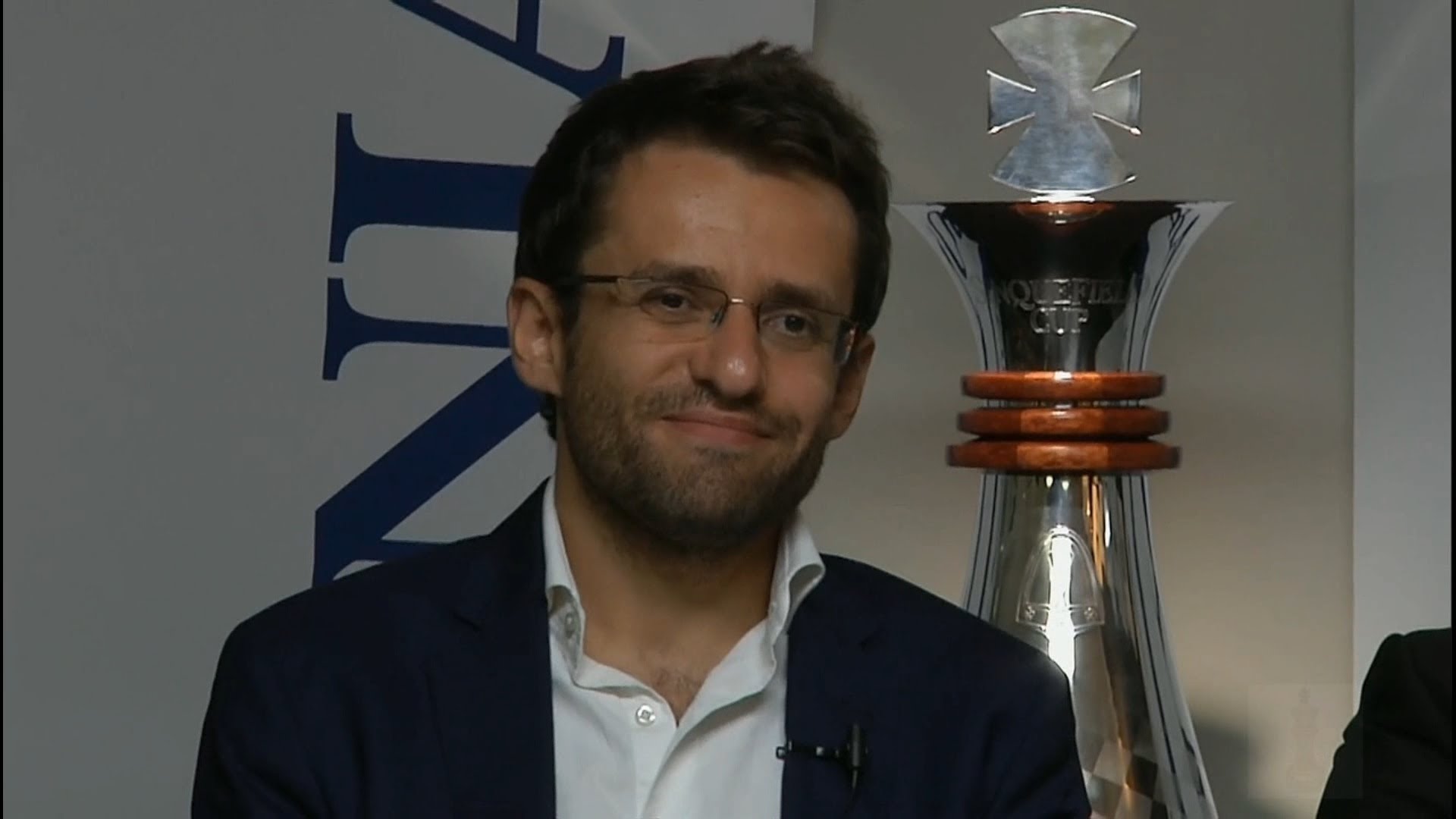In 1988, war broke out between Armenia and its Soviet Republic neighbor of Azerbaijan, over the long-disputed Nagorno-Karabakh region, newyorker.com has reported. It was another tragedy in a century of tragedies for Armenia, going back to the genocide carried out by the Ottoman Empire against the Armenian people, beginning in 1915. When the 1988 war began, thousands of ethnic Armenians who lived in Azerbaijan fled their homes. One of them was Melikset Khachiyan, a chess player who studied the game, as a teen-ager, under Tigran Petrosian, Armenia’s greatest-ever player. Khachiyan had shown early promise, but a shot at the game’s highest level, in an era of legends like Kasparov, Karpov, and Tal, eluded him. Now he needed a place to stay. He headed to Yerevan, Armenia’s pretty, pink-stoned capital; there, Grigory and Seda Aronian offered him a room in their modest home on the edge of town. Rather than pay rent, they suggested, he could teach their six-year-old son, Levon, chess.
From 2012 to 2014, Aronian was often ranked second in the world; most people in chess expected him to challenge Norway’s Magnus Carlsen, the three-time, and current, world champion. But when Aronian performed badly at the 2014 Candidates Tournament, the event that chooses who will face off against the reigning world champion, it seemed to spark a decline. Last year he performed erratically, falling well below the mark required to face Carlsen for the world title in New York last November. A month after the Candidates Tournament, I met up with Aronian at a hotel in London. He had just competed at the London Chess Classic, drawing six matches and losing two, placing eighth out of ten entrants. It was cold and gray, and Aronian was tired. “I know that I deserve, one day, to become world champion,” he said. The tournament in Sharjah, two months later, was another chance to rebound, but it didn’t go according to plan. “I haven’t yet achieved anything in my career,” he told me after that event, on the phone. He added, “I want to have a crushing victory somewhere. Something that will make me proud.”
“He is probably too emotional, and the sight of his dream being close makes his vision blurry,” the Dutch player Anish Giri, who is ranked twelfth in the world, told me. Maybe getting some distance from it has begun to help: in June, Aronian won the Norway Chess tournament in Stavanger, beating Carlsen with a dramatic sacrifice that, improbably, he had held back since 2003. “There’s no parallel in sport for that,” the writer and chess player Martin Pein told me, speaking of Aronian’s long-delayed stratagem. “What it demonstrates is someone who thinks incredibly deeply, who’s analyzed a lot of ideas in an almost profound way.”
The intervening period has been characteristically unpredictable for Aronian. He placed badly at a tournament in Leuven, in Belgium, before sweeping to victory at a German event with a round to spare. Last week he struggled at a competition in Geneva that comprises part of the qualifying criteria to join the game’s élite at next year’s Candidates Tournament. His next chance to shine is at the three-hundred-thousand-dollar-prize-fund Sinquefield Cup, which begins July 31st, in St. Louis. Aronian looks likely to make the Candidates cut, but it’s not guaranteed. Once again, he must sweat over his future.













